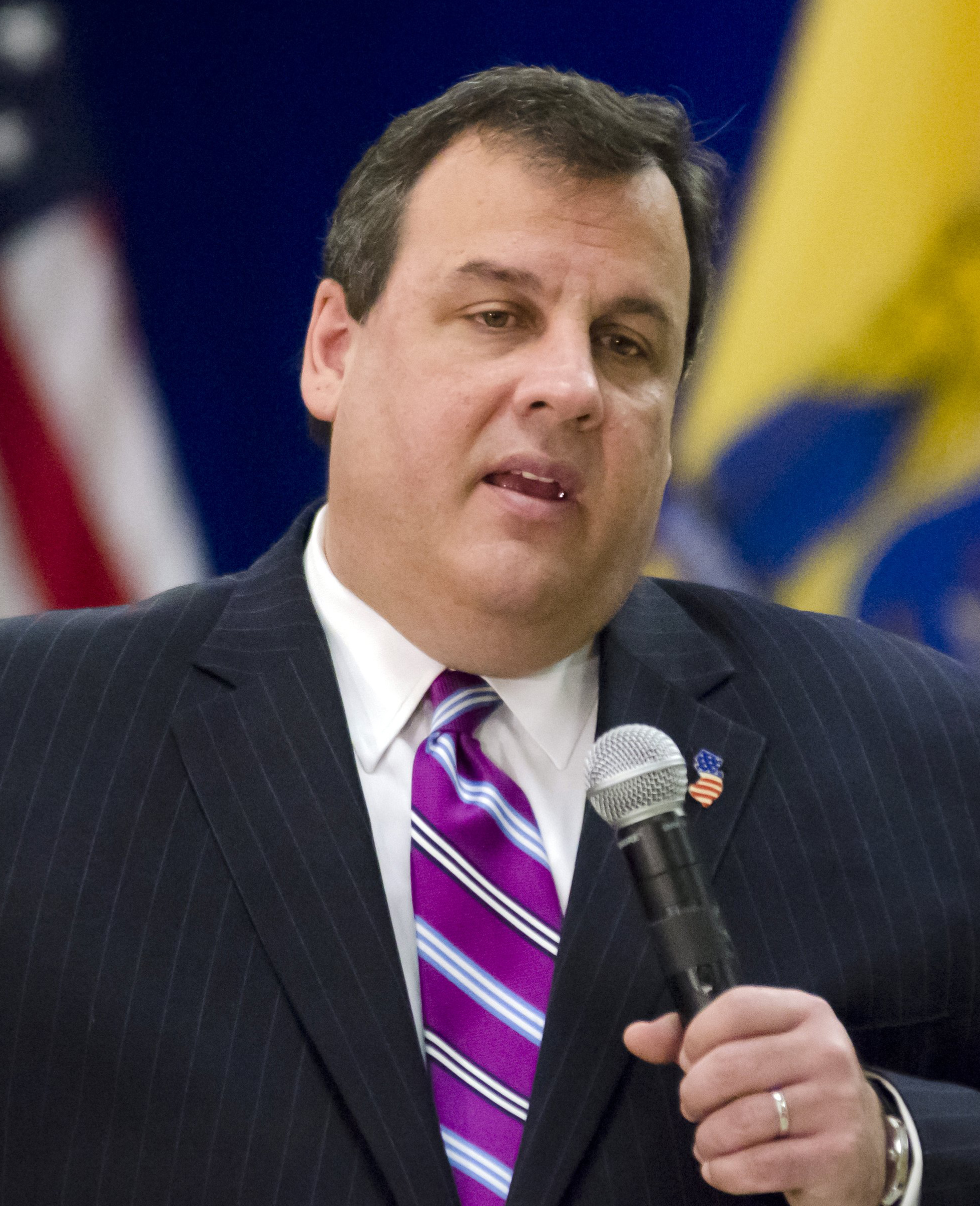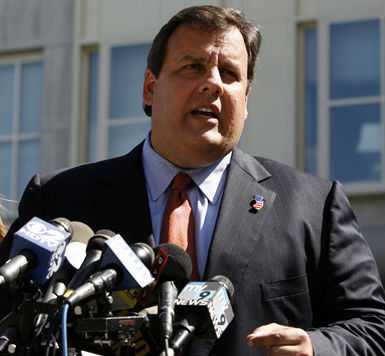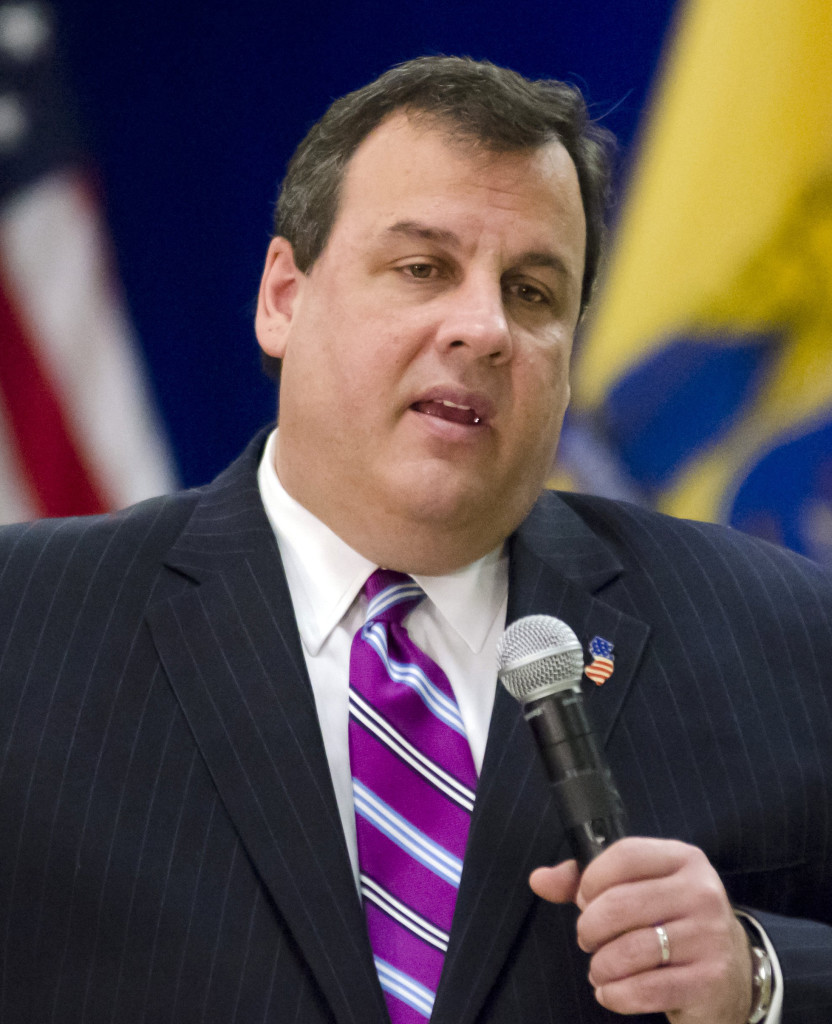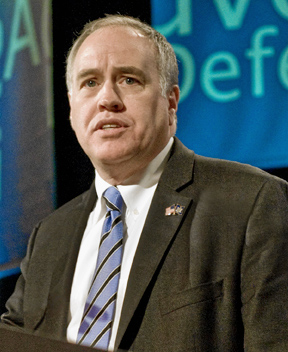The judge presiding over the legal battle between New Jersey and its public workers said last week that the state’s 2011 pension reform law was a “false promise”.
The law required the state to contribute a set amount of money annually to the pension system. But Christie slashed those payments last year.
The judge, Mary Jacobson, wondered why New Jersey included in the reforms the “false promise” of guaranteed pension payments if the state knew it was unconstitutional.
From App.com:
Superior Court Judge Mary Jacobson repeatedly made the point that the Legislature specifically made the pension contributions a contractual right in a law signed by Christie, though the administration’s lawyer said it’s not allowable because lawmakers decide each year what to fund.
“You’re saying that it was known at that time, should have been known at that time, that that was a false promise,” Jacobson said.
“It’s unprecedented because it’s unconstitutional if enforced,” said deputy attorney general Jean Reilly. “It’s not an accident that it’s not in there before. It’s not in there before because it’s not constitutionally permissible to do. … For all future legislatures, it’s merely an exhortation for payment.”
Lawyers for the Communications Workers of America union said Christie and lawmakers locked the obligation into law because pension payments are always the first thing to be cut if money gets tight. They said Christie was required to find the funding to pay for pensions, not skip the obligation.
“It was a political decision not to do that,” said attorney Kenneth Nowak. “Now, the governor may have some agenda as to how he feels about taxes. But he also has a constitutional obligation.”
Christie cut the state’s pension payments in 2014 and 2015 by around $2.5 billion.
Photo credit: “New Jersey State House” by Marion Touvel – http://en.wikipedia.org/wiki/Image:New_Jersey_State_House.jpg. Licensed under Public domain via Wikimedia Commons – http://commons.wikimedia.org/wiki/File:New_Jersey_State_House.jpg#mediaviewer/File:New_Jersey_State_House.jpg





